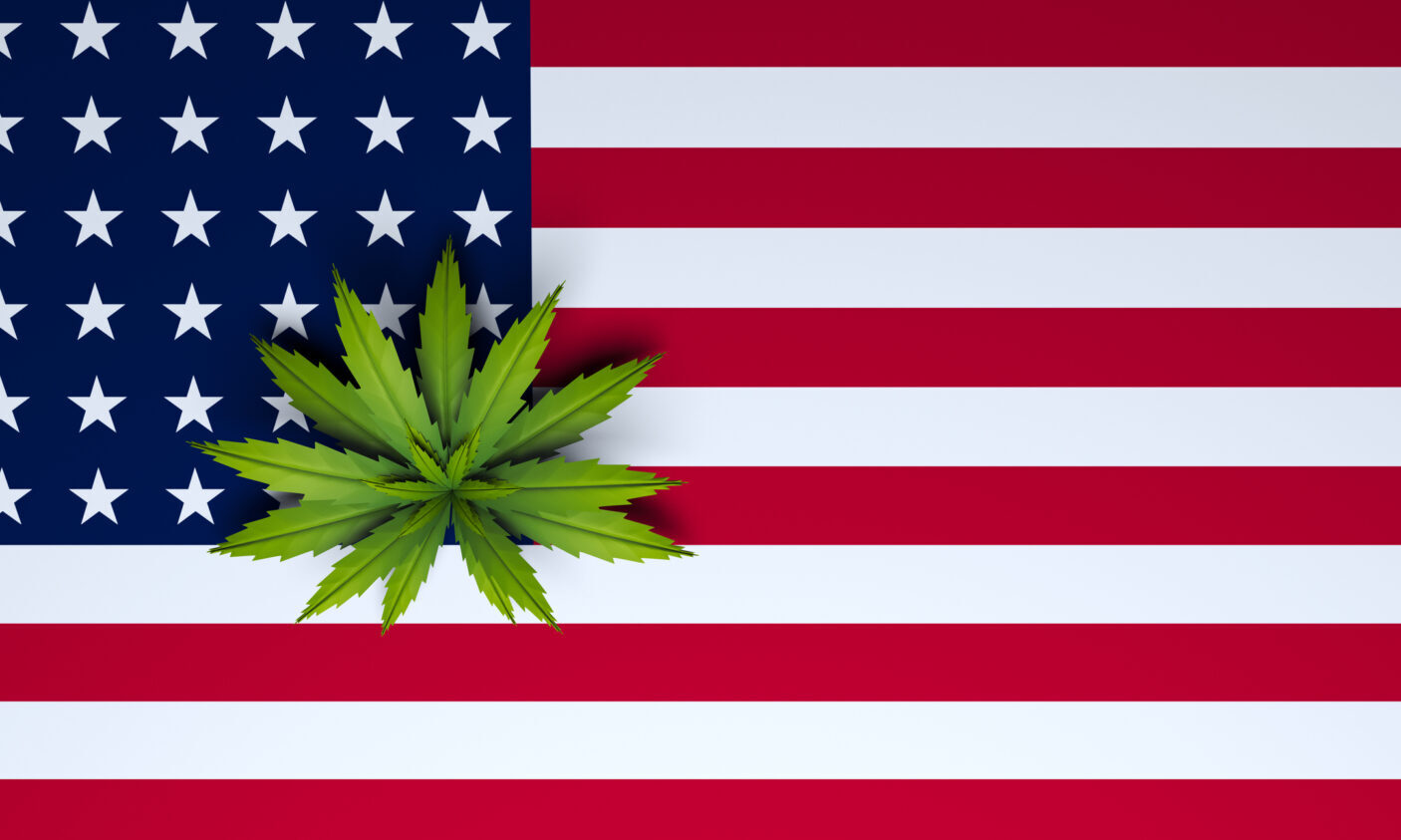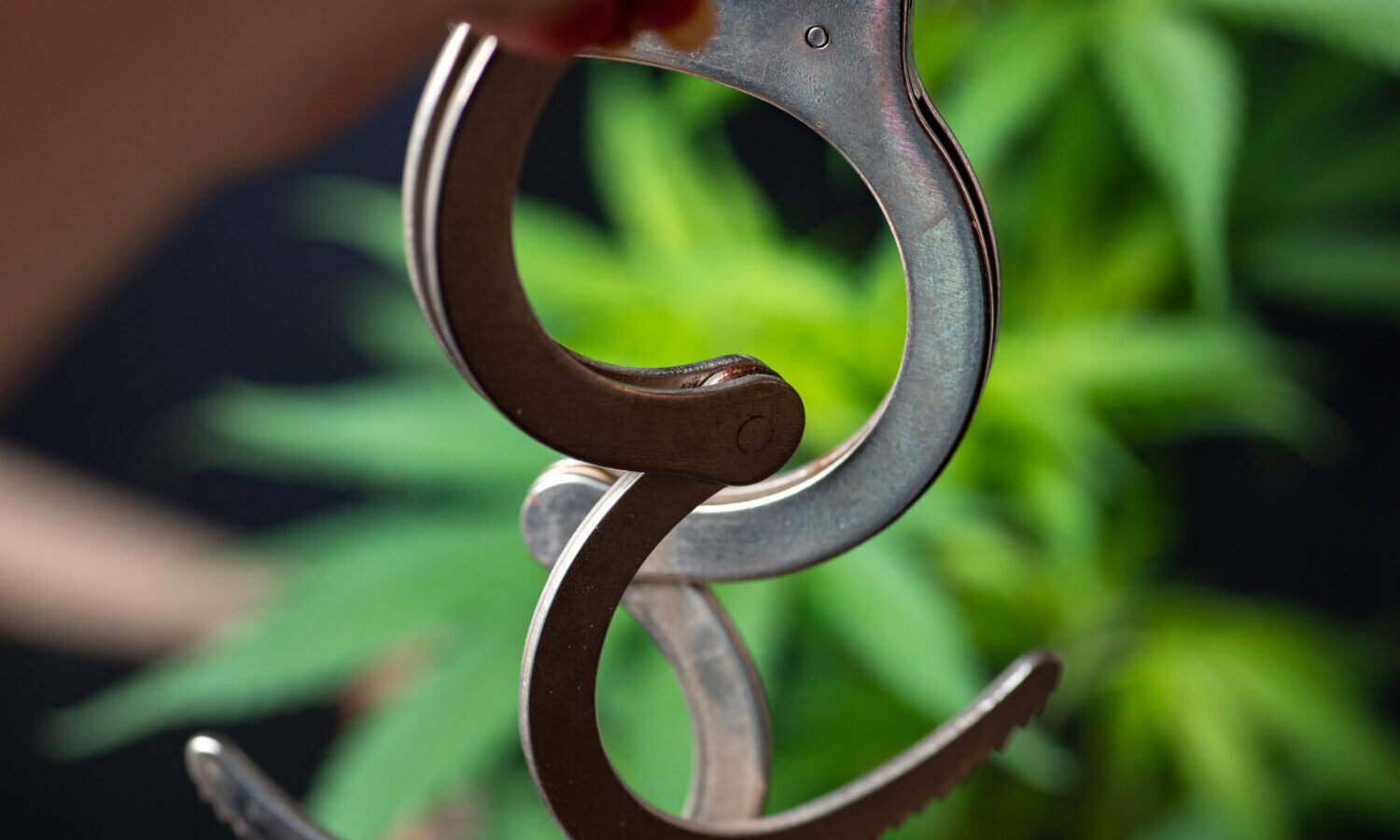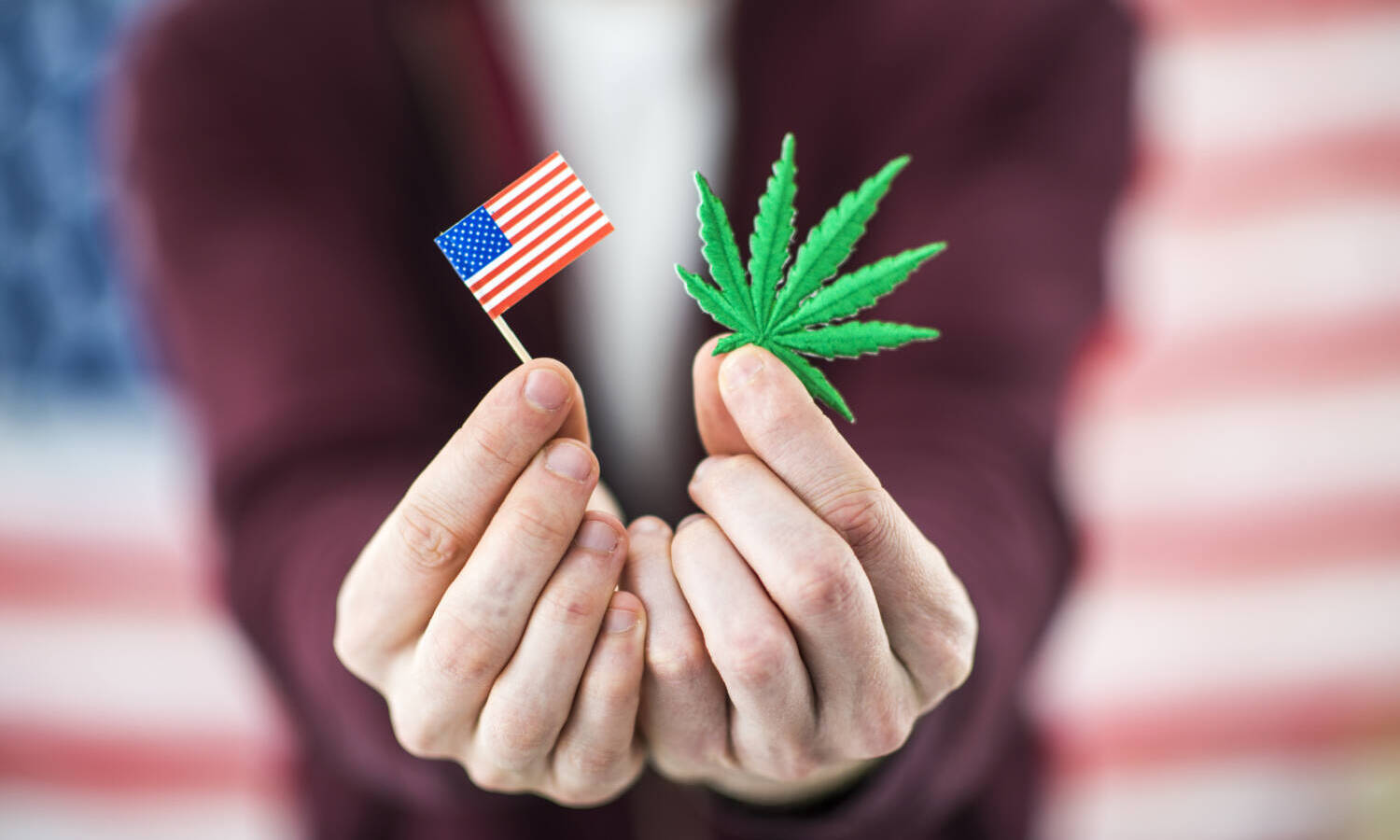
This article originally appeared on Cannabis.net and has been reposted with permission.
Legalizing marijuana is one of the best things we can do to support public health. There have been several studies conducted across the United States supporting its many public health benefits.
Still, some are worried that the legalization of marijuana is going to result in a spike in adolescent use, violent crime, mental health illnesses, and so much more. But data shows that legalization can actually prevent this.
A 2021 paper by the National Bureau of Economic Research highlighted more surprising reasons why legalization can benefit public health.
Reduction in Violent Crime
The War on Drugs has done nothing to cut down on violent crime. It has, in fact, fueled illicit black market activity and the criminals behind them, increasing crime. The paper states that where legal dispensaries have been established, the authors saw a 19% decrease in overall crime.

Researchers at the US Department of Agriculture’s Economic Research Service and Appalachian State University also state in an older paper that: “Our results indicate that medical marijuana laws result in significant reductions in both violent and property crime rates.” Meanwhile, a 2019 paper by Regional Science and Urban Economics states: “The results imply that an additional dispensary in a neighborhood leads to a reduction of 17 crimes per month per 10,000 residents, which corresponds to roughly a 19 percent decline relative to the average crime rate over the same period…”
RELATED: Department Of Justice No Longer Interested In Marijuana Crimes In America?
There are many possible reasons behind this. One is that legal recreational marijuana provides greater access for adults who then no longer have to go to dealers at the black market, so the underground market no longer thrives as much in the area. Another is that the police would have less reasons to arrest individuals, saving police resources. In addition, many may turn to marijuana as a substitute for more harmful substances which actually cause an uptick in violent crime: these include alcohol, amphetamines, and cocaine.
After all, marijuana is a drug that is know for inducing euphoric and relaxing states, reducing the chances of individuals engaging in dangerous or violent behavior.
Significant Reductions In Alcohol and Tobacco Consumption
Tobacco use is a widespread killer, responsible for the deaths of over 8 million people annually. Meanwhile, alcohol kills around 225 people a day in the United States alone. You know the system is broken when tobacco and alcohol are still legal yet continue to kill people because of its availability while marijuana is still federally illegal.
Despite this, thousands in the United States still struggle with a tobacco addiction. But marijuana may help with that. The paper states that legalizing recreational marijuana is linked with a 5% and 13% reduction in alcohol and tobacco related deaths respectively.

RELATED: Why Weed Is The Drug Of Choice For Today’s Young Adults
This benefits the youth, too.
According to research by the University of Washington together with the Oregon Health Authority Public Health Division and Multnomah County Health Department, state decriminalization of recreational marijuana use corresponds to decreases in youth alcohol consumption. Marijuana is not a gateway drug; that’s just what prohibitionists want you to think. Cannabis is actually successfully used as a mitigation tool so that people can manage their addictions to alcohol and tobacco.
Reduction In Drunk Driving Deaths
When marijuana is legalized, more people substitute it for alcohol. The paper mentions studies that legal recreational marijuana has been linked to a 5% decline in alcohol demand, as well as a 20% reduction in binge drinking among college students.
In addition, medical marijuana laws have been associated with a 13 to 15% drop in alcohol related traffic fatalities. The paper authors, together with Benjamin Hansen, have also indicated in a paper released by The University of Chicago Press Journals that there is an 8-11% reduction in traffic fatalities just within the first year of marijuana being legalized in states. The authors mention that when marijuana is legalized, it also results in a decrease in both alcohol consumption and the price of cannabis, which further cements the theory that both substances act as substitutes. However, they do emphasize that driving under the influence of marijuana is not much safer than driving while drunk.
Good For Public Health
Even if there is data backing up how beneficial marijuana is for public health, it’s still illegal federally.
A Gallup poll from 2020 revealed that 68% of Americans support the legalization of marijuana. The numbers of Americans who back marijuana legalization only continue to grow each year, as legalization spreads in states and more people become aware of the plant and its numerous benefits.

We can only hope that federal legalization isn’t just a pipe dream. This would do tremendous wonders for people and society as a whole, though the banking industry still has to overcome numerous challenges. One of the biggest hurdles faced by the industry is lack of access to traditional banking, without which, federal legalization would be nearly impossible.
State and local governments can benefit too: cannabis taxes could generate billions, which doesn’t even count extra revenues from taxes obtained from the marijuana industry. Several states, such as Washington and Colorado, have already generated millions in taxes which are being used for public investments including education, health care, and infrastructure.
Prohibition has done nothing good: it has closed the doors to billions of dollars in revenues, harmed people, encouraged racist policies. It’s high time we legalize marijuana federally.






